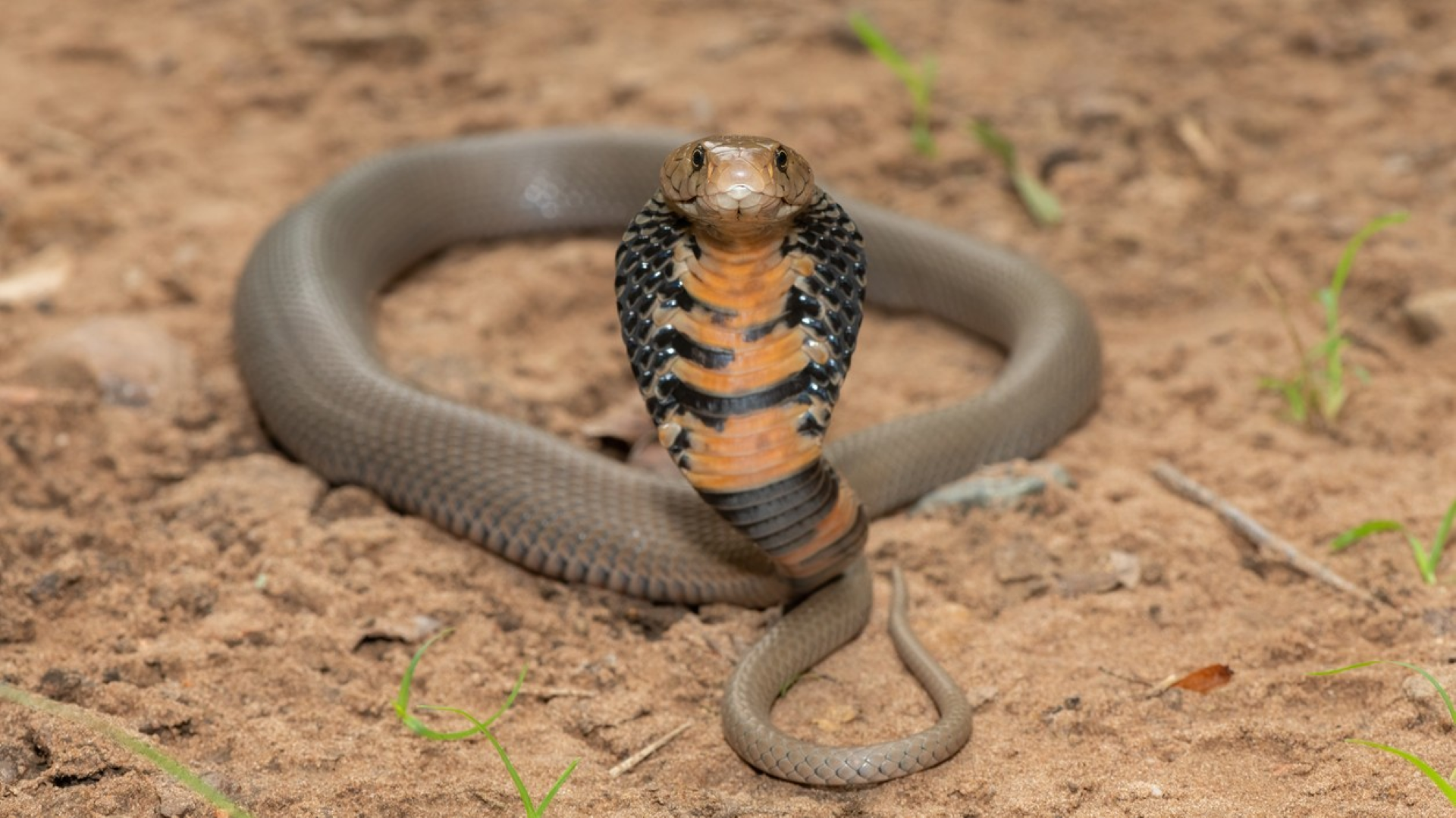
Scientists at Liverpool School of Tropical Medicine (LSTM) have co-developed the world’s first product-ready, lab-produced, recombinant snakebite antivenom that protects against many of Africa’s most dangerous snakes and outperforms existing antivenoms.
Traditional antivenoms are produced using century-old methods that rely on harvesting animal antibodies after exposing them to venom. These serum-derived products come with a range of drawbacks, often only protecting against a limited number of snake species, failing to prevent tissue damage and frequently producing adverse side-effects in patients.
To overcome these challenges, researchers from the Technical University of Denmark (DTU), in collaboration with LSTM, have developed a cutting-edge recombinant antivenom combining eight nanobodies, small, stable antibody fragments, that together neutralise seven key toxin subfamilies found across African elapid snakes such as cobras and mambas.
In preclinical studies, this new recombinant antivenom formulation provided a high degree of protection against death and, crucially, severe tissue damage caused by 17 different elapid snakes. Because the antibodies are produced in a lab they can be manufactured at scale, offering consistent quality and potentially lower production costs.
Corresponding author and project lead, Professor Andreas Laustsen from DTU, said: “This work shows how we developed the first product-ready recombinant snakebite antivenom that cover all the elapid species in Africa, including cobras, mambas, and rinkhals, and which outperforms existing serum-derived products.”
Professor Nicholas Casewell, Director of LSTM’s Centre for Snakebite Research & Interventions, said: “This study marks a major step forward in how we approach snakebite treatment. For more than a century, antivenoms have been made using animals, and while these products save lives, they come with serious limitations.
“The recombinant nanobody approach enables us to target venom toxins in a precise manner, which should lead to a safer, more consistent, and scalable therapy that ultimately could transform how snakebite is treated across Africa. The hope is that this breakthrough will ultimately make effective antivenoms more accessible to those who need them most.”
Snakebite is one of the world’s most neglected tropical diseases as recognised by the World Health Organization, killing 140,000 people a year and leaving over 400,000 with disabilities or disfigurements. The burden falls overwhelmingly on rural communities in sub-Saharan Africa and south Asia where access to effective and affordable treatment remains limited.
This new research validates a modular platform for snakebite treatment, showing that a defined antibody mixture can replace complex animal products. The next step will be to optimise large-scale production and move towards clinical translation, with the goal of making recombinant antivenoms accessible in the field.
By harnessing biotechnology, the study demonstrates how the future of snakebite treatment can be safer, more effective, and more equitable, offering real hope to the hundreds of thousands of people affected by snakebite each year.